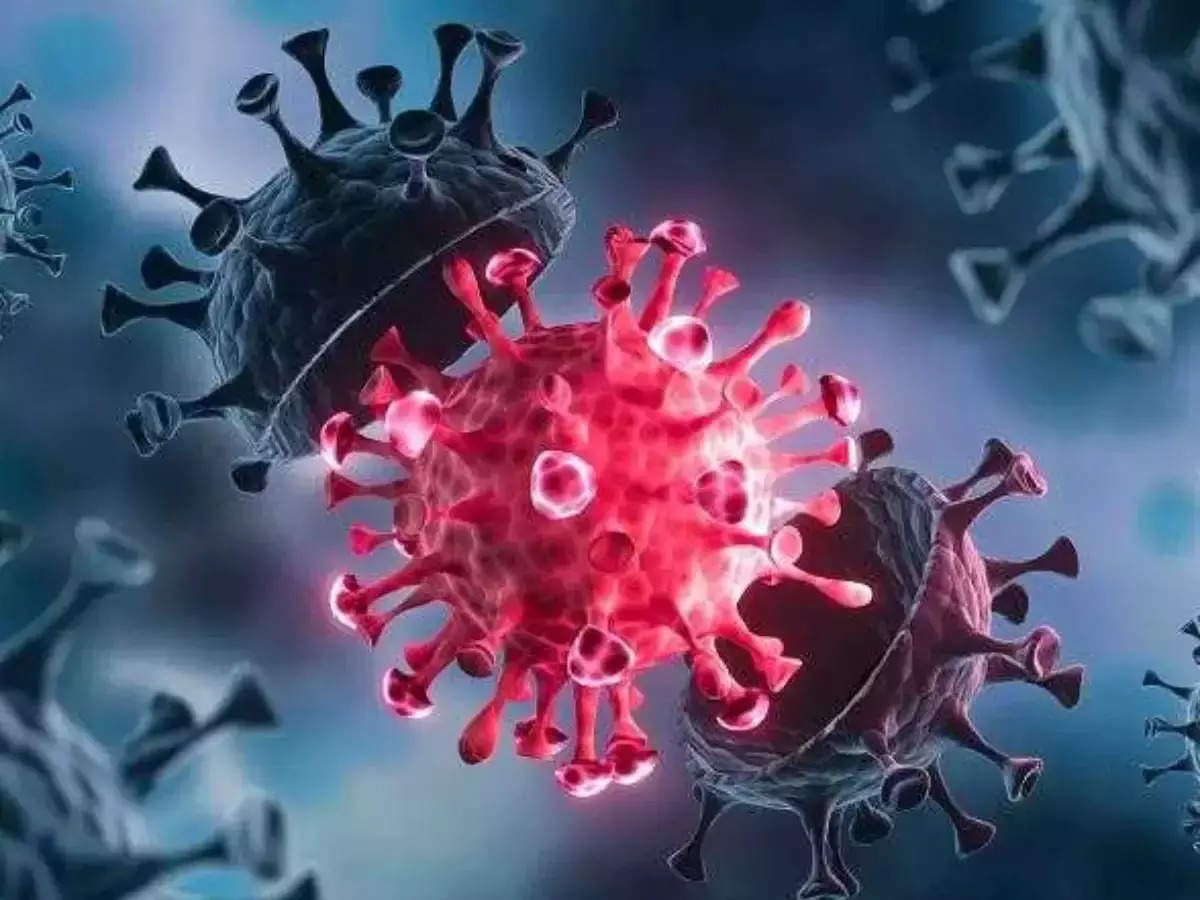Description

Disclaimer: No Copyright infringement intended.
Context
- World Health Organization (WHO) added a new variant of SARS-CoV-2, the coronavirus that causes Covid-19, to its list of ‘Variants of Interest’ (VOI).
Details
- The lineage B.1.621 variant, named ‘Mu’ after the twelfth letter of the Greek alphabet, was first detected in the South American country of Colombia in January 2021.
- The mutations — E484K, N501Y, P681H, D614G — seen in the Mu variant have been reported in other VOIs and VOCs. These mutations are known to help the virus escape the body’s immune defences and increase transmissibility.
- Mu is the fifth ‘VOI’ to be monitored by the WHO.
- The other four VOIs, named according to the simplified scheme of nomenclature announced by the WHO on May 31 this year, are:
- Eta (lineage B.1.525, documented in multiple countries from December 2020);
- Iota (lineage B.1.526, first documented in the United States in November 2020);
- Kappa (lineage B.1.617.1, first documented in India in October 2020); and
- Lambda (lineage C.37, the so-called Peru variant, which was first documented in that country in December 2020).
What is a Variant of Interest?
- All viruses mutate or undergo certain changes over time, helping them to spread easily, escape our vaccines, medicines and survive.
- There are several SARS-CoV-2 variants circulating globally.
- WHO places a SARS-CoV-2 variant in the VOI list if it is seen to have certain “genetic changes that are predicted or known to affect virus characteristics such as transmissibility, disease severity, immune escape, diagnostic or therapeutic escape”
- To be added to the VOI list, a variant must also be “identified to cause significant community transmission or multiple Covid-19 clusters in multiple countries”, and suggest “an emerging risk to global public health”.
‘Variants of Concern’ (VOC).
- More dangerous mutants are categorised as ‘Variants of Concern’ (VOC).
- According to the WHO, a VOI can become a VOC if it is demonstrated to be associated with an increase in transmissibility or virulence, or with a “decrease in effectiveness of public health and social measures or available diagnostics, vaccines, and therapeutics”.
- Currently, four variants of the coronavirus are designated as variants of concern. They are:
- Alpha (lineage B.1.1.7, the so-called ‘UK variant’), which was first detected in the United Kingdom in September 2020, and is now present in at least 193 countries around the world;
- Beta (lineage B.1.351, the so-called ‘South Africa variant’), the first samples of which were detected in South Africa in May 2020, and which has so far been reported from 141 countries;
- Gamma (lineage P.1, the so-called ‘Brazil variant’), which was first detected in Brazil in November 2020, and which has been reported in 91 countries;
- Delta (lineage B.1.617.2), the variant that was first reported in India in October 2020 and is now present in at least 170 countries. The highly transmissible Delta variant is now the dominant strain of the virus in India, and was responsible for the devastating second wave of Covid-19 in April-May this year.
https://indianexpress.com/article/explained/explained-mu-variant-covid-19-interest-7499224/















